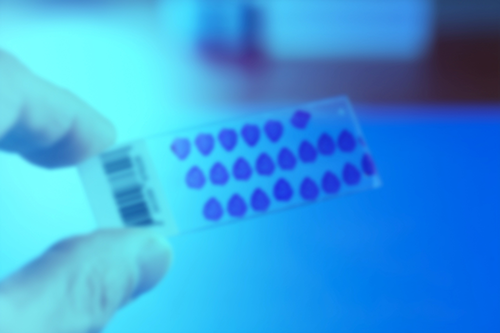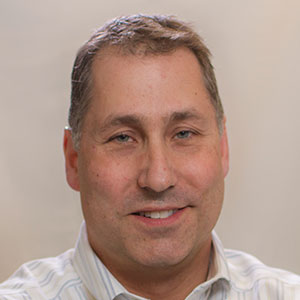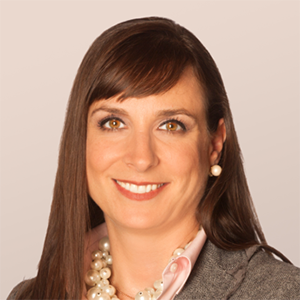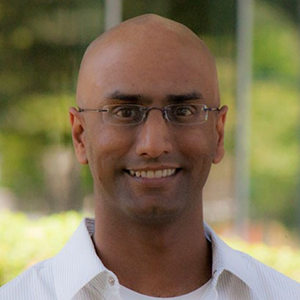Session Abstract – PMWC 2018 Silicon Valley
Session Synopsis: Annotated human biospecimens are critical building blocks for precision medicine discovery and essential to the preclinical validation of resulting hypotheses. In this session, learn how advances in technology are improving access to a diverse range of biospecimens from patient populations and yielding increasingly useful amounts of information upon analysis.
Session Chair Profile
Biography
Chris conceptualized and founded iSpecimen in response to the precision medicine movement and the growing demand for biospecimens by life science researchers. As CEO, he is responsible for the company’s growth, performance, and corporate direction. Under his leadership, iSpecimen has become a dominant player in research sample procurement, recently developing and launching the industry’s first and only true marketplace platform connecting researchers with healthcare providers and biorepositories. Prior to launching iSpecimen, Chris served as Managing Director at Leerink Partners (formerly Leerink Swann), a leading healthcare and life science investment bank, where he managed the expansion and delivery of services and directed strategy to develop new healthcare data and information assets for the firm. At Leerink, Chris launched Health Insight Technologies, a healthcare informatics company that was spun out of the firm as Humedica and acquired by UnitedHealth Group in 2013. Prior to Leerink, Chris was a co-founder and Managing Director of Boston Medical & Scientific Advisors, a healthcare investment research firm ultimately acquired by Leerink. He received both his Ph.D. in Immunology and his M.D. from Tufts University and completed his residency training, including a year as Chief Resident, in Pathology at Brigham & Women’s Hospital and Harvard Medical School.
Speaker Profile
Ph.D., VP, Computational Biology, PatientsLikeMe
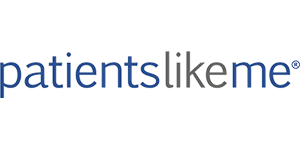
Biography
A molecular biologist by training, Renee has spent the last decade guiding drug discovery and biomarker development by designing and building high resolution molecular models of disease, and creating systems that find meaning in big biological data. Her team of biologists and computational biologists are spearheading our most innovative projects, which are focused on using modeling strategies such as deep learning and neural network applications to understand the molecular underpinnings of health and disease. Renee was previously Senior Vice President of Research and Chief Scientific Officer at Selventa. In that role, she set the scientific direction for the company’s personalized medicine strategy and built a multidisciplinary team of biologists and computational biologists to characterize disease biology and identify target pathways. Before that Renee was Selventa’s Senior Director of Scientific Research Operations, responsible for designing and building the company’s biomarker discovery platform.
Speaker Profile
Executive Director, Stanford Biobank & Clinical Research Services (CTRU), Stanford University
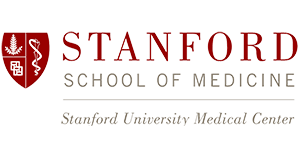
Biography
Rohit began his research at Stanford Medicine in 2003 and now oversees the biobanking infrastructure, alongside directing the institute’s largest, research focused, ambulatory care group (Spectrum’s Clinical & Translational Research Unit). Notably, he’s established biorepository and associated big data infrastructure for multiple large-scale biobanks, both locally and globally, while also designing innovative cost-recovery business models for all clinical and lab related research services at the university.
He is currently leading the strategy, design, and development for an institutional biobanking solution, which includes a clinical and omics connected software solution, amongst the many facets of the modernized infrastructure. Rohit’s vision is that an informatics-first approach to human sampling will enable a centralized, virtual ecosystem for the multiple, federated biobanks. The research community will then have a transparent mechanism to provide compliant access to their existing phenotype-rich specimen catalogs, thus improving cohort-matched, sample utilization, and fostering collaboration. Ultimately, he expects access to these tools and resources will help democratize biospeciemns, thus accelerating biomarker and therapeutic discoveries in precison health.

